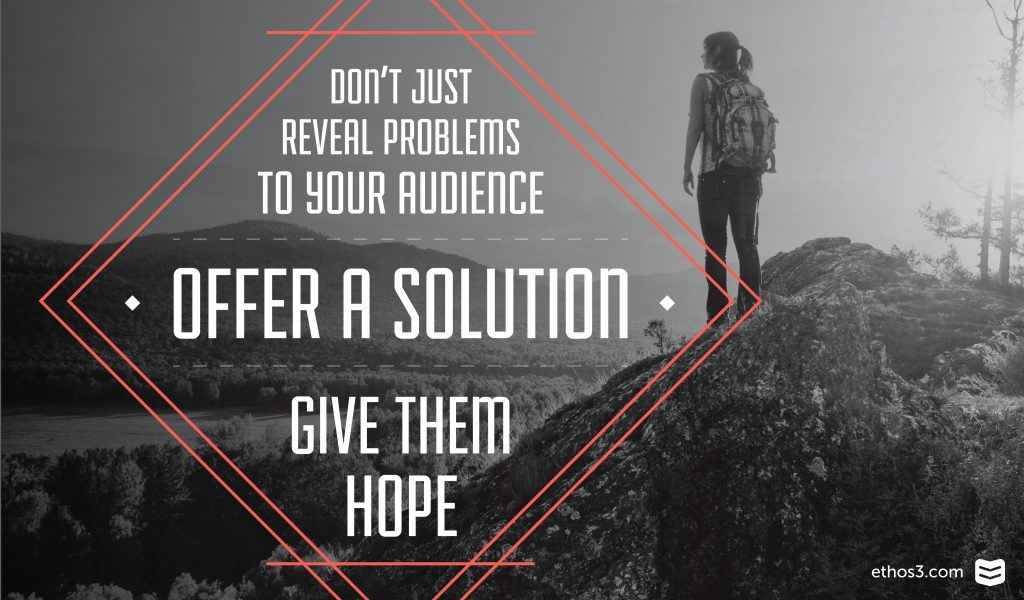We’ve analyzed dozens of speeches on our blog with the hope that both the Ethos3 team and our audience can learn something valuable from historical greats. You may have noticed our love of Lincoln, admiration for John F. Kennedy, and many pieces about Martin Luther King Jr. Even if we aren’t fans of their policy or support their action (as with Alexander the Great), there is still something to be learned from their words, their speeches, and their unquestionable authority on stage.
Most of these great speeches delivered by important figures share a few key features. There are lessons to be learned from the way they speak to their audience, their tone, and their clear choice of wording that outlasts the test of time. But we really want to focus on the one singular feature that sets a famous speech apart from any one of the 30 million presentations delivered each day.
It’s not about the speaking style.
From Winston Churchill’s mumble to Jesse Jackson’s roar, each of these presenters spoke with their own unique tone and cadence. Personality plays a large part in this, but there is still no “secret sauce” to take from these historical speeches. On top of this, many famous speeches are known for their remaining text alone. No one was recording the Gettysburg address as it happened, for instance, and there were no photographs of the event because the speech went by much more quickly than photographers anticipated.
It’s not about the situation.
Different battles, countries, philosophies, and situations separate each of the great speakers we analyze. The need, or call to action, is different for each speech. You don’t have to have the same resounding “join me” at the end for the speech to work. As with John F. Kennedy’s “Ich Bin Ein Berliner” speech, the purpose was to deliver a message of support for Berlin and express solidarity. The purpose isn’t shared, but rather…

It’s about the vision.
“I observe, gentlemen, that when I would lead you on a new venture you no longer follow me with your old spirit. I have asked you to meet me that we may come to a decision together: are we, upon my advice, to go forward, or, upon yours, to turn back?” – Alexander the Great
No matter how dark the situation, how horrific the tragedy, how difficult the problems faced, all of these speakers provide a vision of hope. They are problem solvers. Their words reflect a motivation that leaves their audience with a sense of “we can do this.” Consider Winston Churchill’s famous speech, “We Shall Fight on the Beaches.” He is rousing an entire country to grab their weapons, put on a snarl, and defend England no matter where they are called to fight or who they are. Great historical speeches don’t have dead ends, they offer a vision of what could be ahead with the participation of those hearing each word.
How can you take inspiration from this in your own speech? Examine the information you offer your audience. Are sales down? Does your startup need funding? Are your employees disengaged? Once you’ve considered the problem, it’s essential to craft a solution and deliver it in a way that will make your audience sleep better that night. Don’t just introduce a laundry list of to-do items, show them that you have already started to check things off the list.
Want to take more inspiration from world-changing speeches? Check out these related articles!
Lessons from Ancient History: Words of Leadership from Alexander the Great
